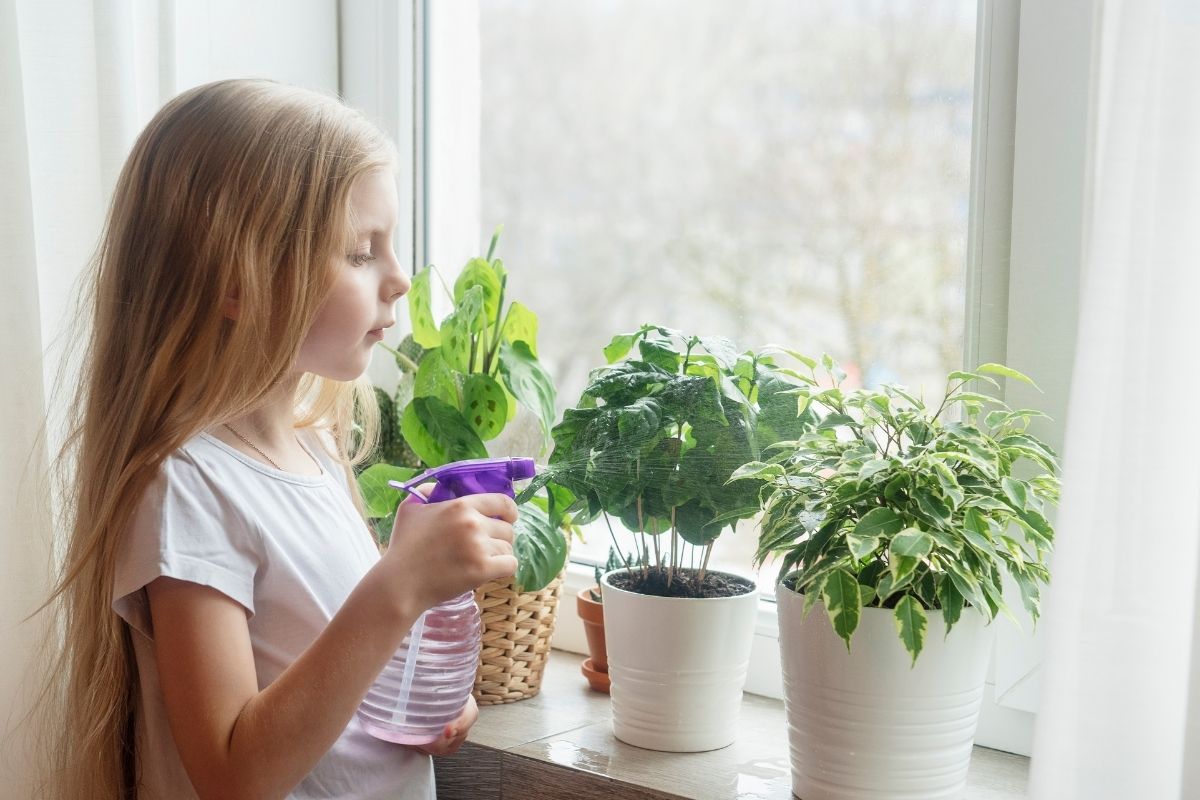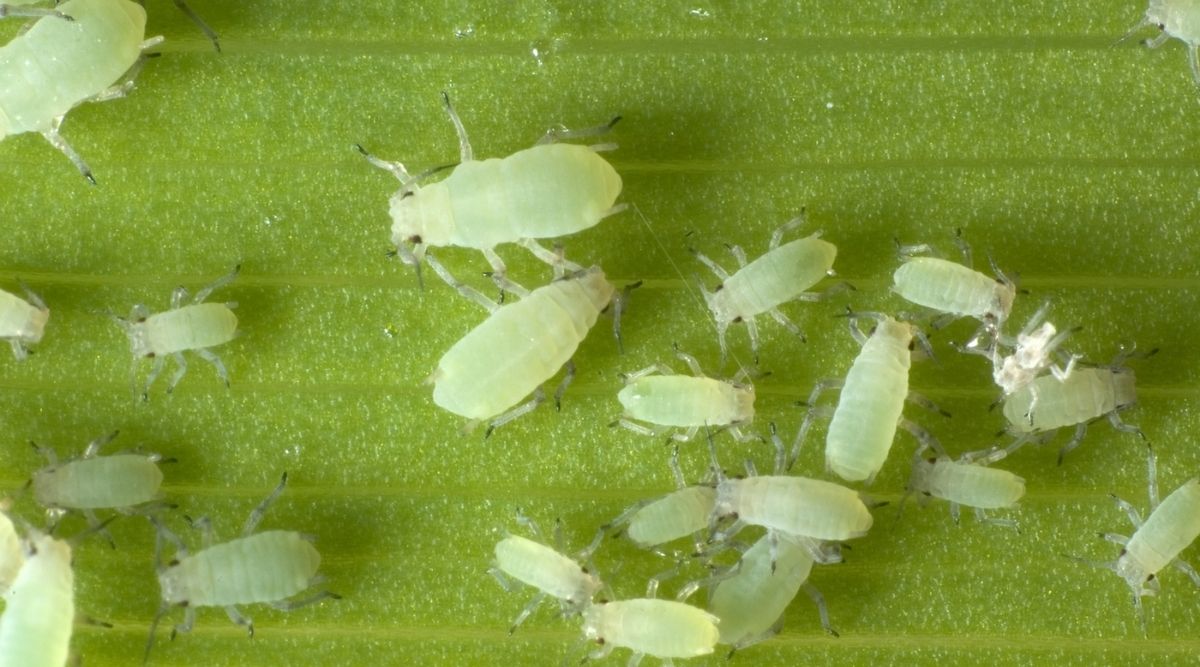We all love a great cup of coffee in the morning, it gives us the burst of energy and alertness that we need after waking up feeling like a zombie. The thing is, making a pot of coffee can have a lot of leftovers.

You may have some coffee left over, but you’ll always have coffee grounds left over – and that can be a bit more tricky to dispose of. Nobody likes having leftovers or wastage, so what can you do with your coffee grounds?
Some people have suggested that coffee grounds can be good for plants – just put them in your garden and it’ll be great for them, right?
Perhaps this is the case – and this guide will find out.
We’re going to look at if there are benefits to using coffee grounds in the garden, if they’re good for plants and why this might be the case.
So – put the coffee on and have a seat. Let’s get into it.
What Do We Mean By Coffee Grounds?
When you’re making coffee in a machine, you’ll likely be using coffee grounds. These often are purchased in large bags and are easily differentiated from instant coffee granules.
Instant coffee and coffee grounds can be differentiated by taste, aroma and overall appearance – but one of the most obvious is that instant coffee will evaporate in the boiled water, whereas coffee grounds do not operate like this.
Water is normally heated and then pumped through the coffee ground, through the use of a filter. The resulting colored water is what we’re all familiar with as great tasting coffee.
But because of this process, you’ll have damp coffee grounds left over in the machine and will need to dispose of them, ready for a fresh pot next time.
How Would You Dispose Of Coffee Grounds?
Many people pick up their coffee machine’s filter and pour the grounds directly into the trash, but this is terribly wasteful and will eventually end up in landfill with no benefits at all.
Other people opt to use the coffee grounds for other purposes in the kitchen, like making other recipes that require coffee grounds. Some even put the coffee grounds into a bowl and let the smell of coffee fill their homes.
But the best thing to do with leftover coffee grounds is to put them either in a compost heap or directly into your garden for your plants.
Not only does this method have huge benefits to your garden, which we’ll get to, but it also reduces wastage – which is something that we’re all looking to do more of these days. A method of natural recycling is one of the most helpful things for the planet.
How Do Coffee Grounds Benefit Your Plants?

You might be surprised to hear of how many benefits coffee grounds have in your garden overall! In short, coffee grounds after use have a huge amount of nitrogen and potassium within them. These are vital to a plant’s growth.
But the benefits to using coffee grounds in your garden range from fertiliser, composting, mulch, worm food and for other uses like a sort of repellent of bugs and other plant eating creatures.
We’re going to look at these further.
Coffee Grounds For Fertiliser
Due to the nitrogen level in coffee grounds, adding coffee to your soil will hugely benefit further growth of your plants.
The retention of water during rain or watering is improved, drainage is improved, the soil can aerate much easier and the smell and taste can attract helpful earthworms to the area.
Luckily, used coffee grounds become a neutral pH level, meaning they will not add acidity to the soil or affect it negatively – which is important to note, because fresh, unused coffee grounds are acidic.
However, it’s still a good idea to wash your coffee grounds before dumping them into your soil. Just use clean, cold water through the filter and you should be fine.
Composting Using Coffee Grounds
Not only does composting coffee grounds mean that the leftovers aren’t being thrown into landfill, but they have fantastic benefits to boosting the nitrogen level and overall ecology of the compost heap.
Meaning growth and natural occurrences happen more organically and often quicker.
Other Uses
Spreading used coffee grounds around certain areas of your garden can keep plant eating bugs like snails and slugs away, which should allow your plants to grow without being harmed or spoiled.
Some people have even said that this works for other animals like cats, but there’s no scientific evidence of this.
Used coffee grounds can also be used for a great mulch or for vermicomposting – as the grounds can feed worms. That’s going to be up to you depending on how you do your gardening.
Can I Use Fresh Coffee Grounds?
Okay, so we’ve discussed how used coffee grounds can benefit your plants and gardening, but what about fresh coffee grounds? We’ve said that they are acidic, so does that mean they’re useless?
Well, not really. They can still be used in multiple ways. Plants that are acidic growers like hydrangeas for example, will absolutely love coffee grounds to help them grow and feed.
If you’re a keen vegetable grower, you’ll need to be sure which ones like fresh coffee grounds.
You’ll notice for example that carrots will respond well to coffee grounds but something like a tomato plant won’t.
Remember, due to the high level of caffeine within coffee – many bugs and arguably some other animals will despise its presence. So, as a result – if you place some fresh coffee grounds in areas that do not harm the plants, you can keep the undesired pests away.
The Bottom Line
Used coffee grounds are fantastic for most plants but fresh coffee grounds are good for some. Both have their own specific other uses too.
For you to be sure, you’d be wise to visit a garden store or speak with an experienced gardener before you attempt any invasive new plans to your gardening!
- Best Hanging Plant For Low Light - September 4, 2023
- Best Indoor Plants Florida - August 28, 2023
- Best Plants For Bathroom Smells - August 21, 2023








